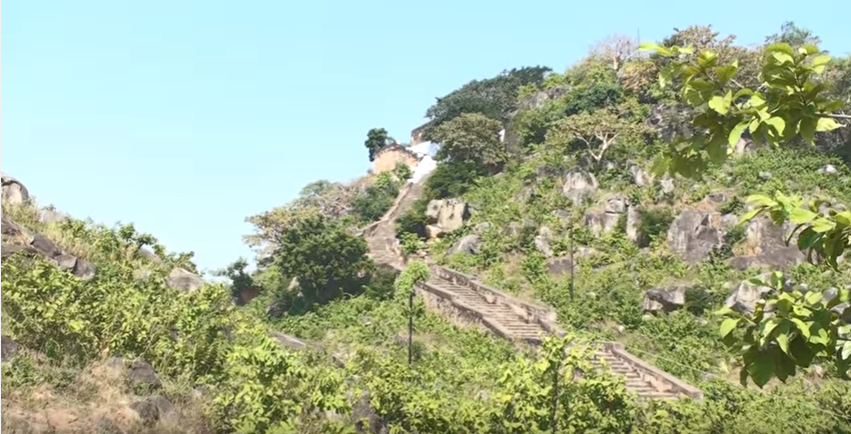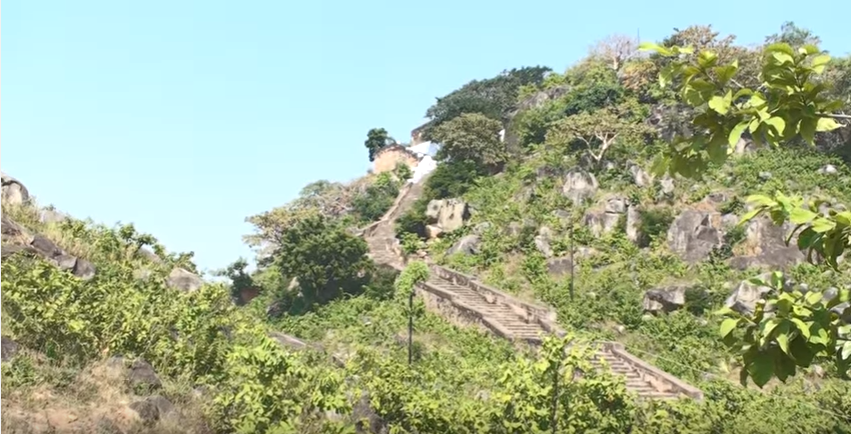Researchers have identified Gymnema sylvestre, commonly known as Gurmar, among several medicinal plants on Brahmayoni Hill in Gaya, Bihar. The findings, published in the International Journal of Creative Research Thoughts (IJCRT), highlight the potential of this herb in diabetes treatment.
Gurmar has already been utilized by the Council of Scientific and Industrial Research (CSIR) in developing the anti-diabetic drug BGR-34. The plant’s unique properties include its ability to reduce blood sugar levels, attributed to gymnemic acid, which blocks intestinal sugar absorption.
Professors from Magadh University, who conducted the study, noted that Gurmar also contains flavonoids and saponins, which help regulate lipid metabolism and lower cholesterol levels. The plant is one of three medicinal herbs found on Brahmayoni Hill, an area long known to traditional healers for its diverse medicinal flora.
The research team emphasized the importance of Gurmar as a key ingredient in BGR-34, an ayurvedic formulation marketed by Aimil Pharma. A 2022 study by the All India Institute of Medical Sciences (AIIMS) in Delhi further validated BGR-34’s effectiveness in reducing obesity and blood sugar levels while improving metabolic function.
Dr Sanchit Sharma, Executive Director of Aimil Pharma, said that BGR-34 in addition to Gurmar includes phyto-ingredients such as Daruharidra, Giloy, Vijaysar, Manjishtha, and Fenugreek to manage diabetes. He added that herbal-based Ayurvedic medicines are seeing a surge in popularity, driven by the growing prevalence of non-communicable diseases linked to lifestyle changes and an increasing focus on preventive health.
Researchers also said in their study ‘Ethnobotanical research on certain therapeutic plants found on Gaya’s Brahmayoni Hill’ that, like BGR-34, the first diabetes drug Metformin was also derived from a medicinal plant, Galega. Therefore, they have called for more in-depth research on Gymnema i.e. Gurmar to provide the new generation with another effective therapeutic option.
The researchers have called for more comprehensive studies on Gymnema, drawing parallels with the development of Metformin, the first diabetes drug derived from a medicinal plant.
Researchers stressed involving local populations in the cultivation of the most regularly used medicinal herbs found on the hill to prevent their extinction. This collaborative approach would ensure the sustainability and availability of these valuable medicinal resources for future generations, they said.
(Inputs from ANI)





















